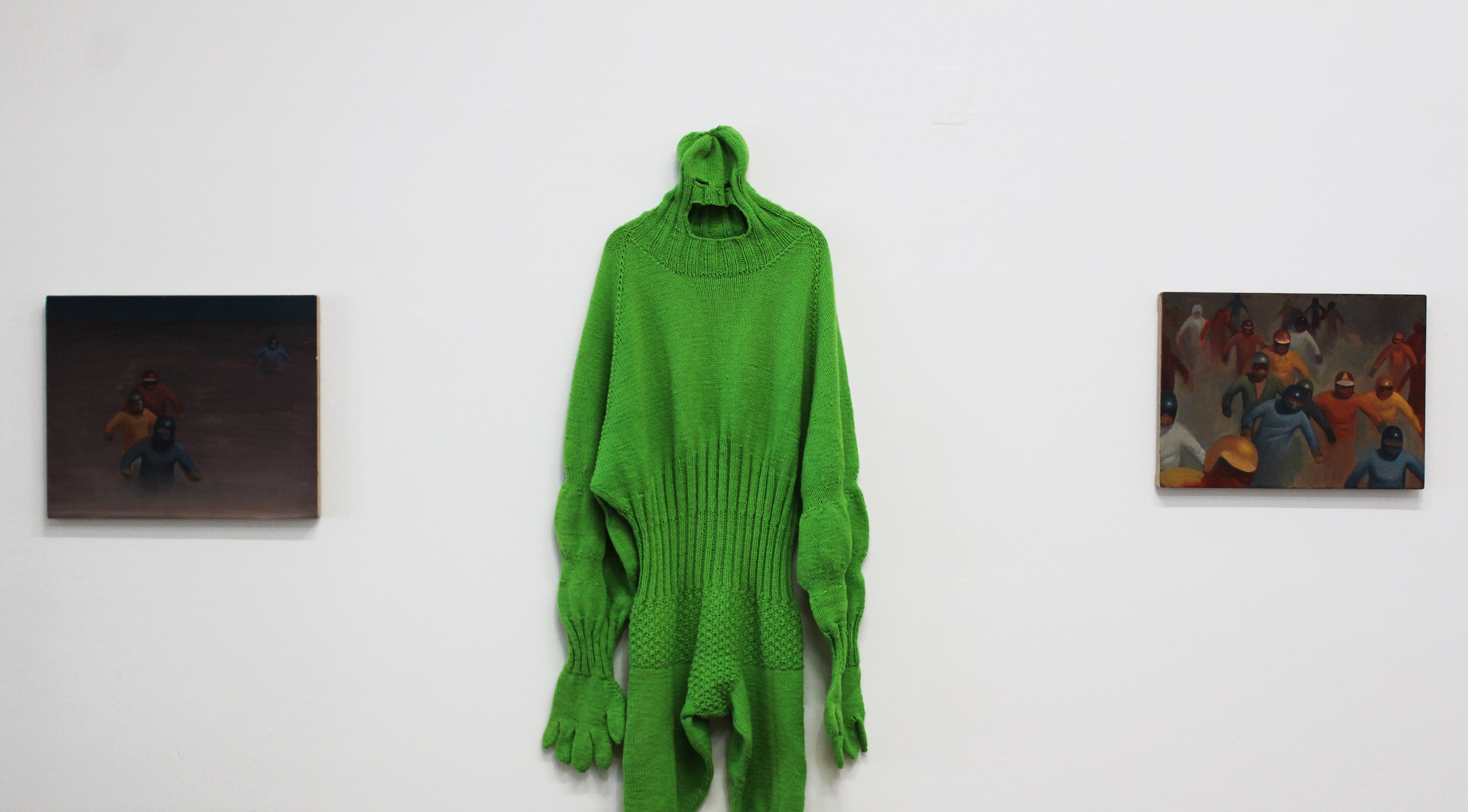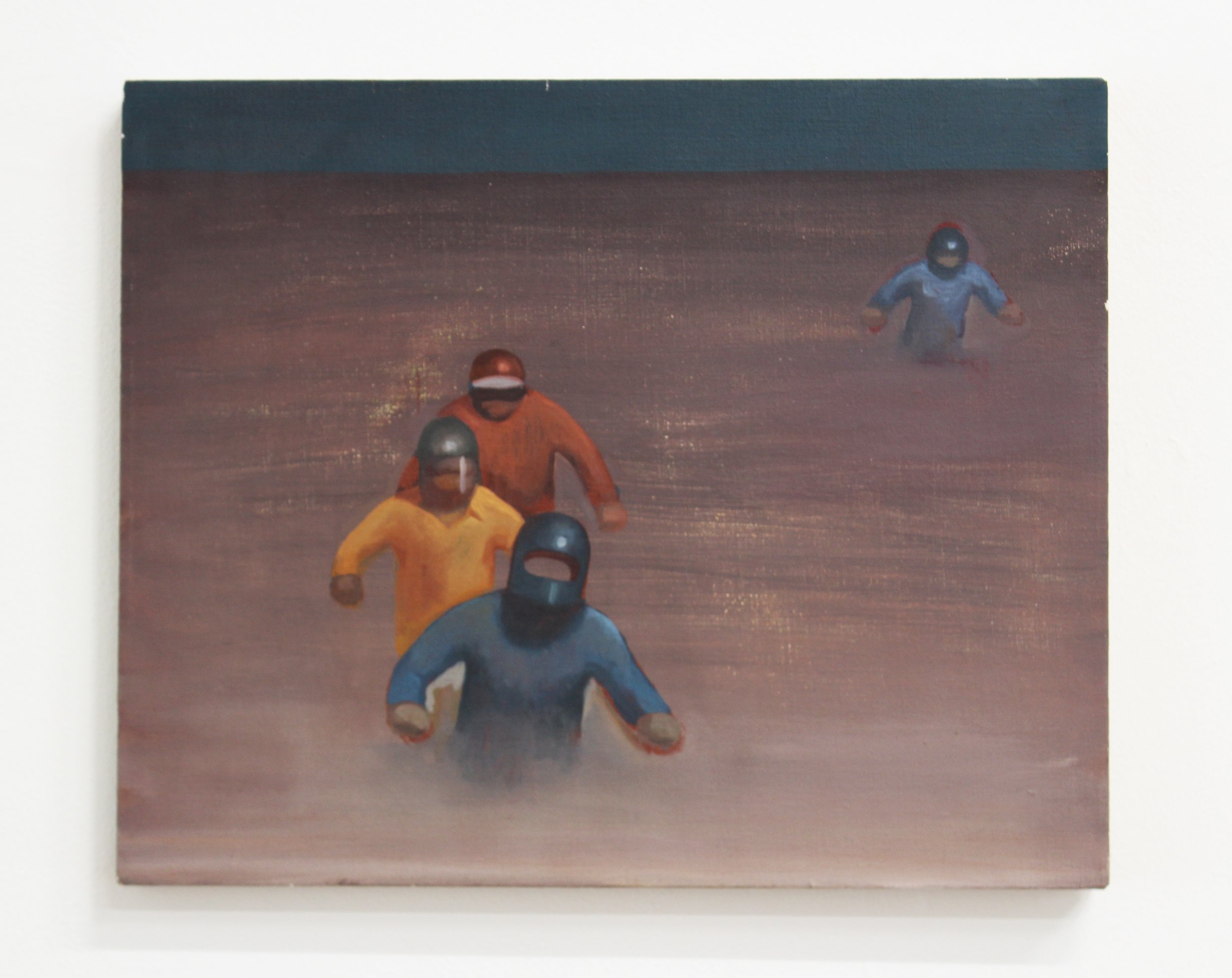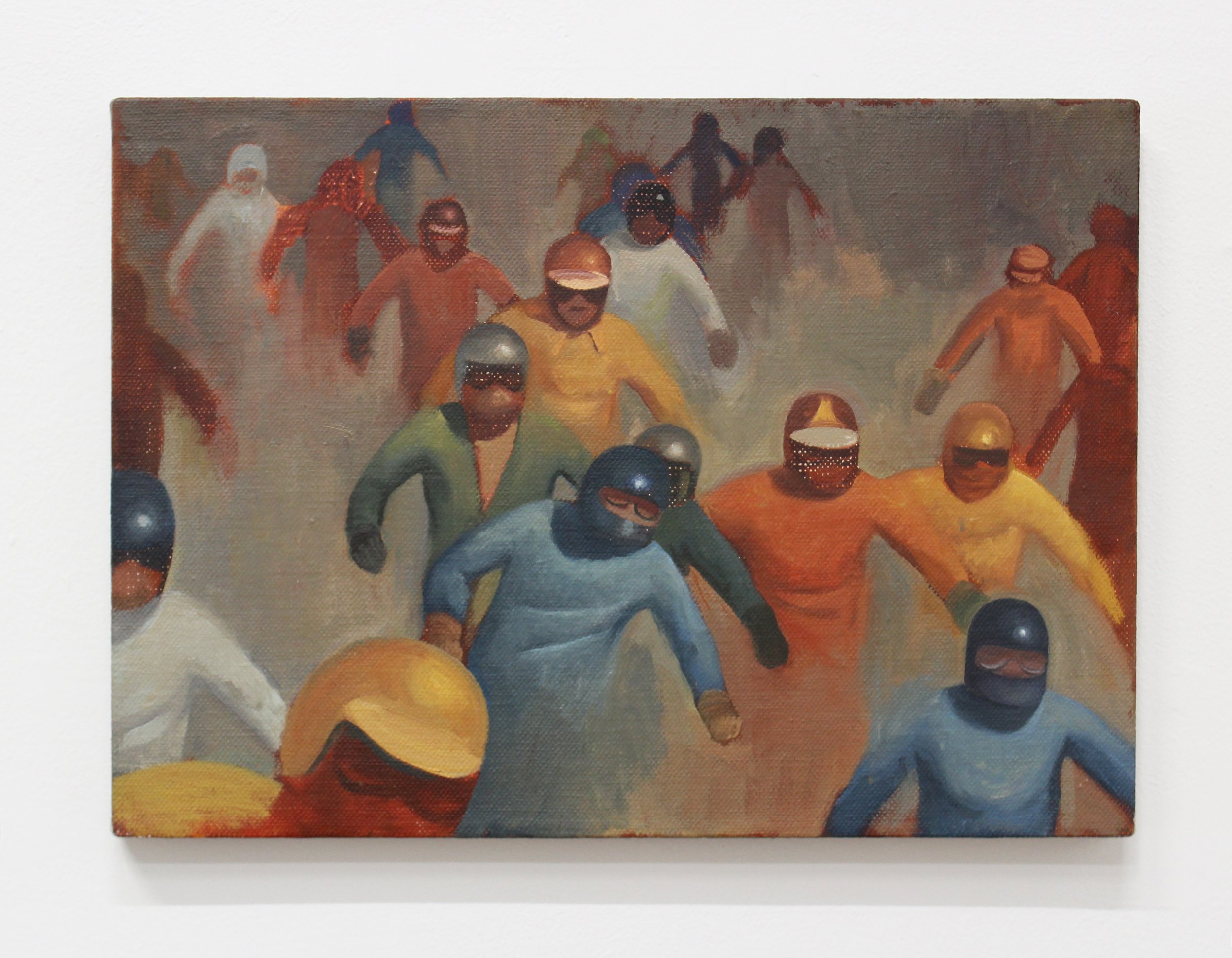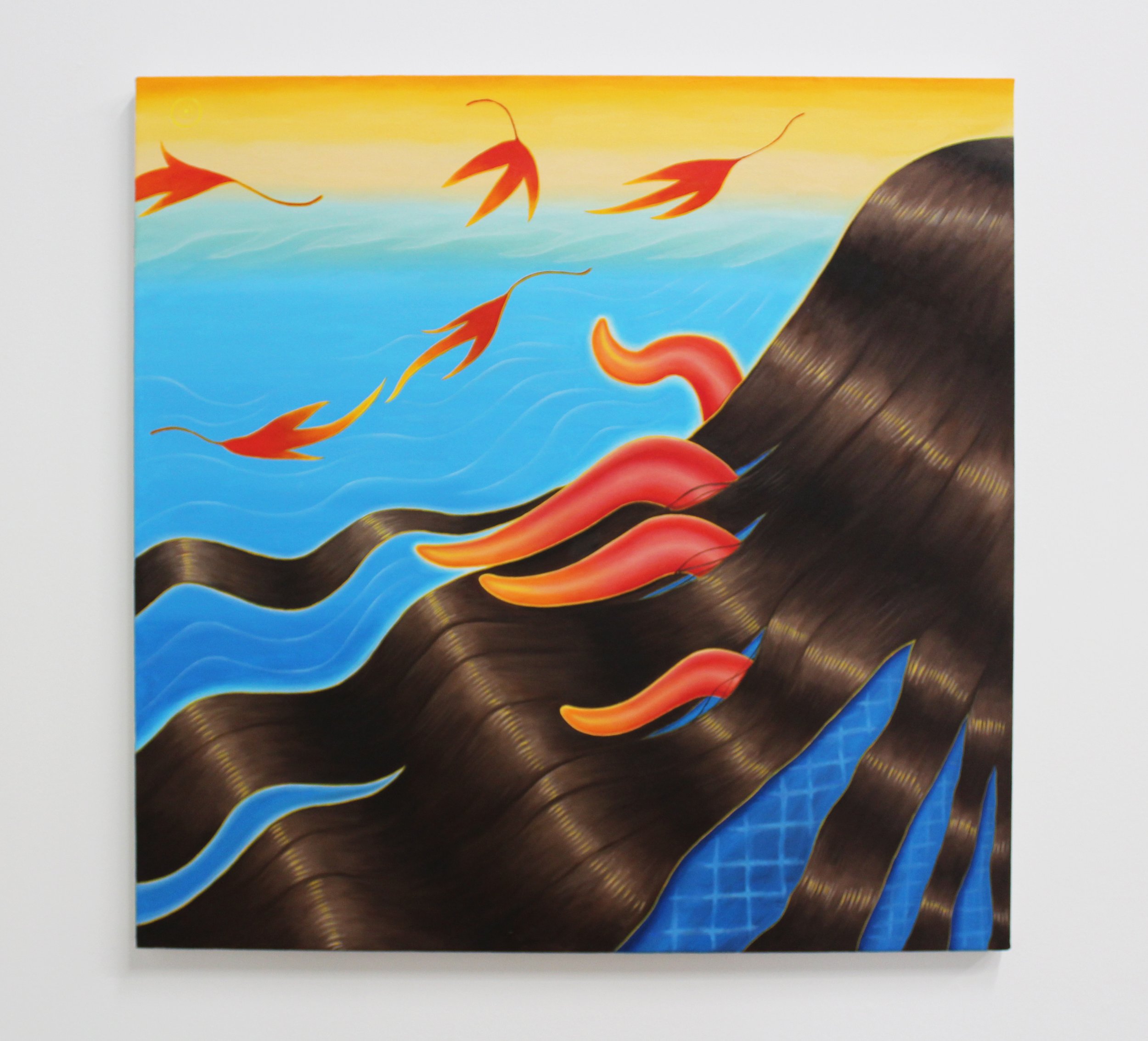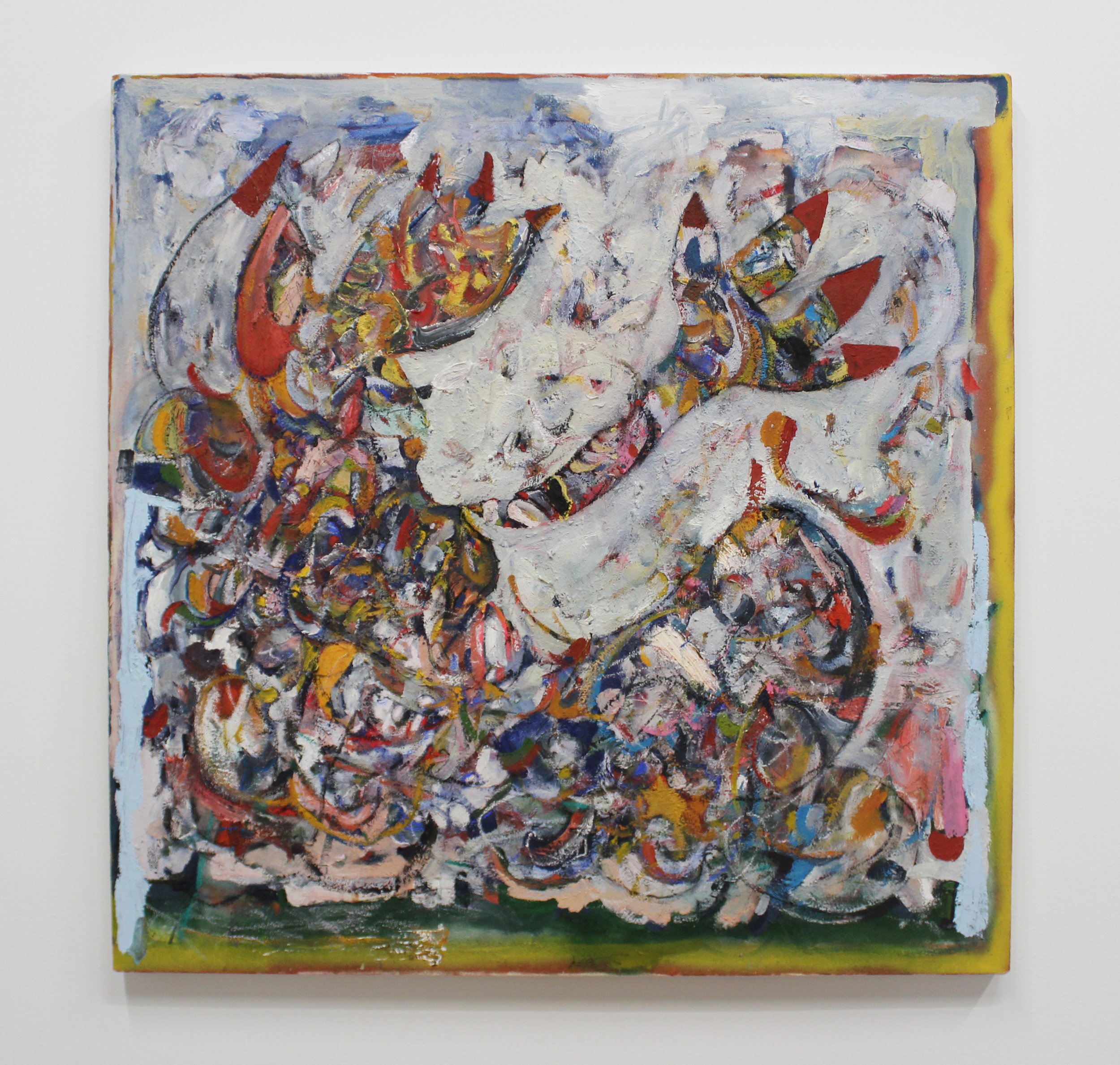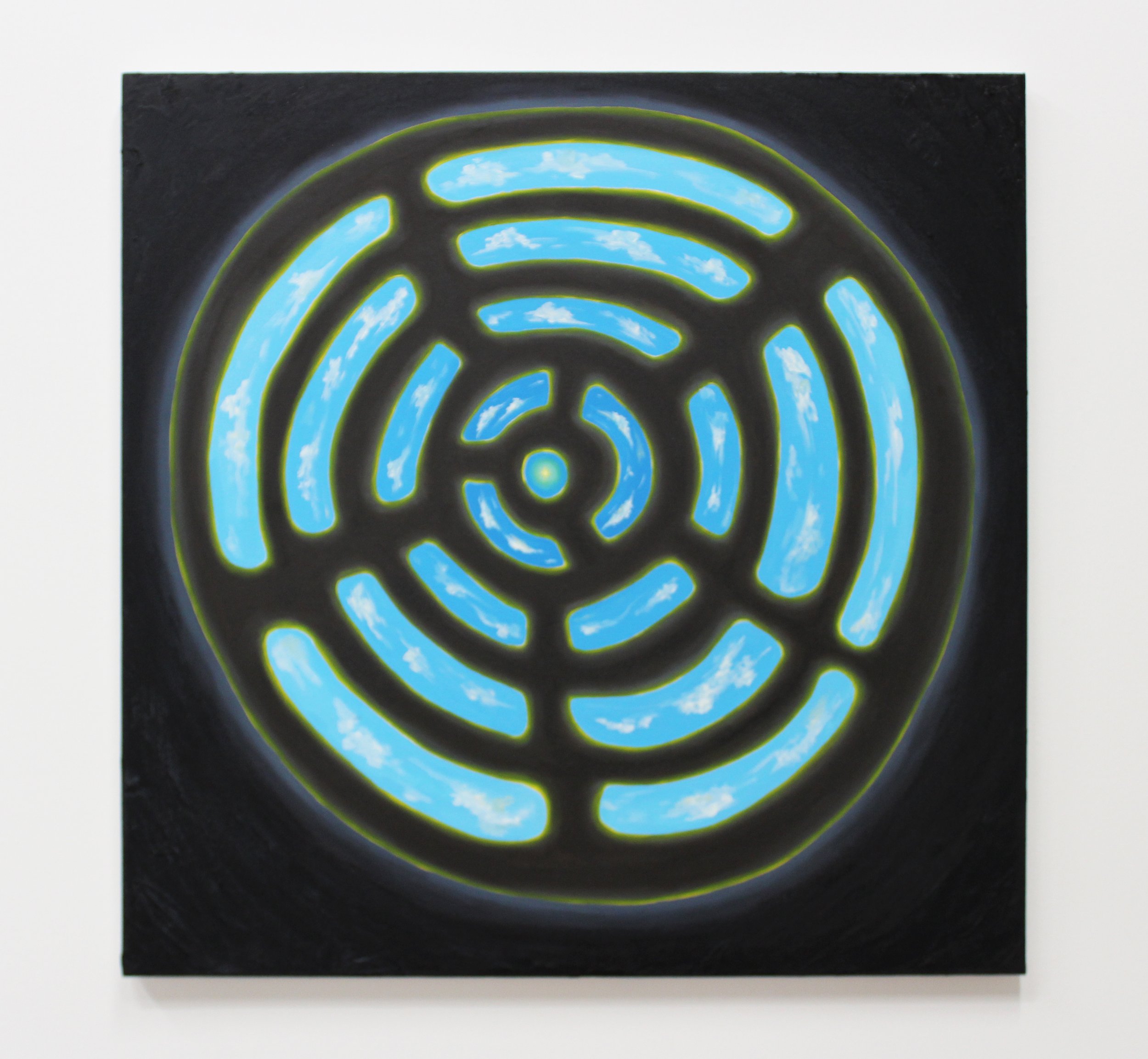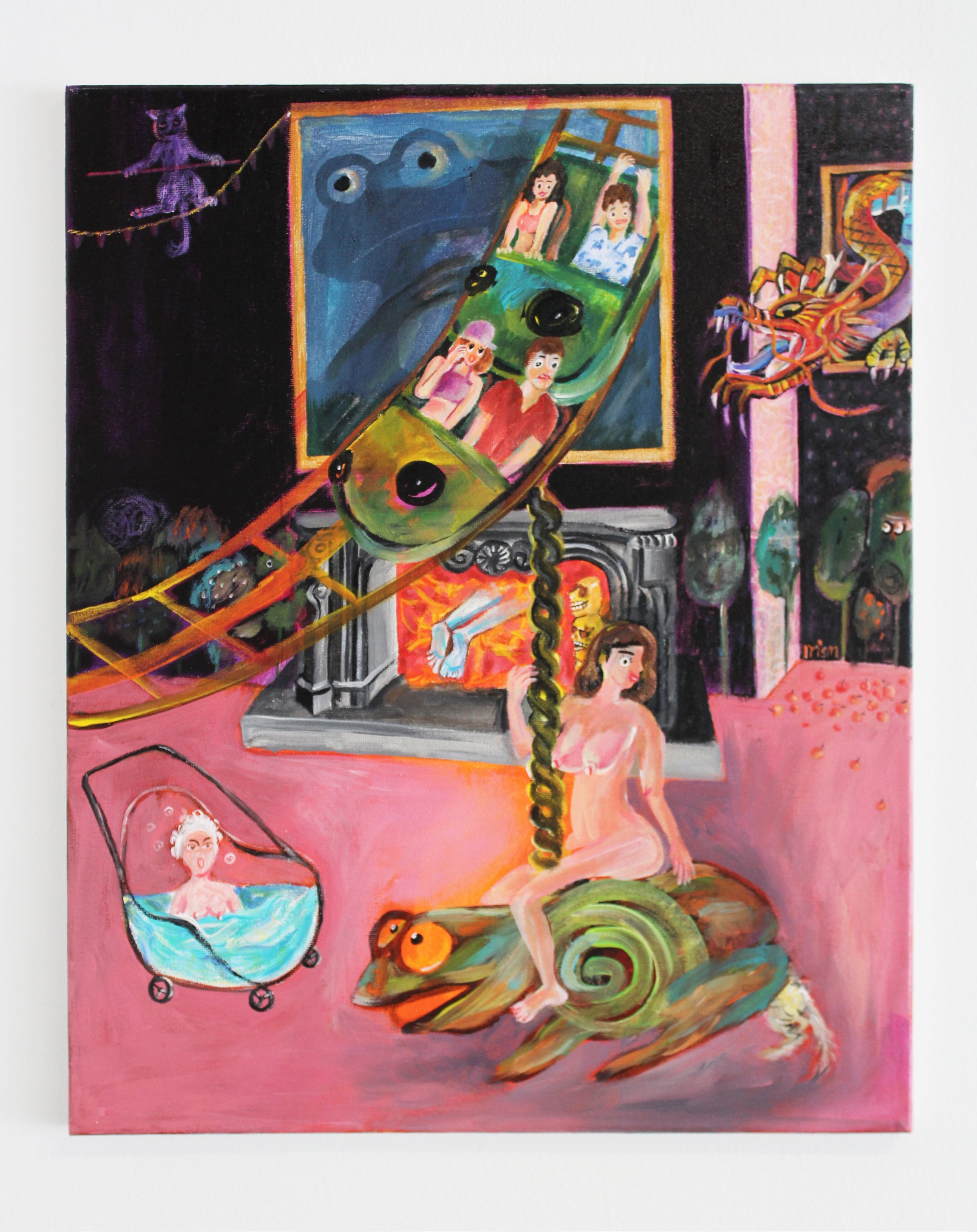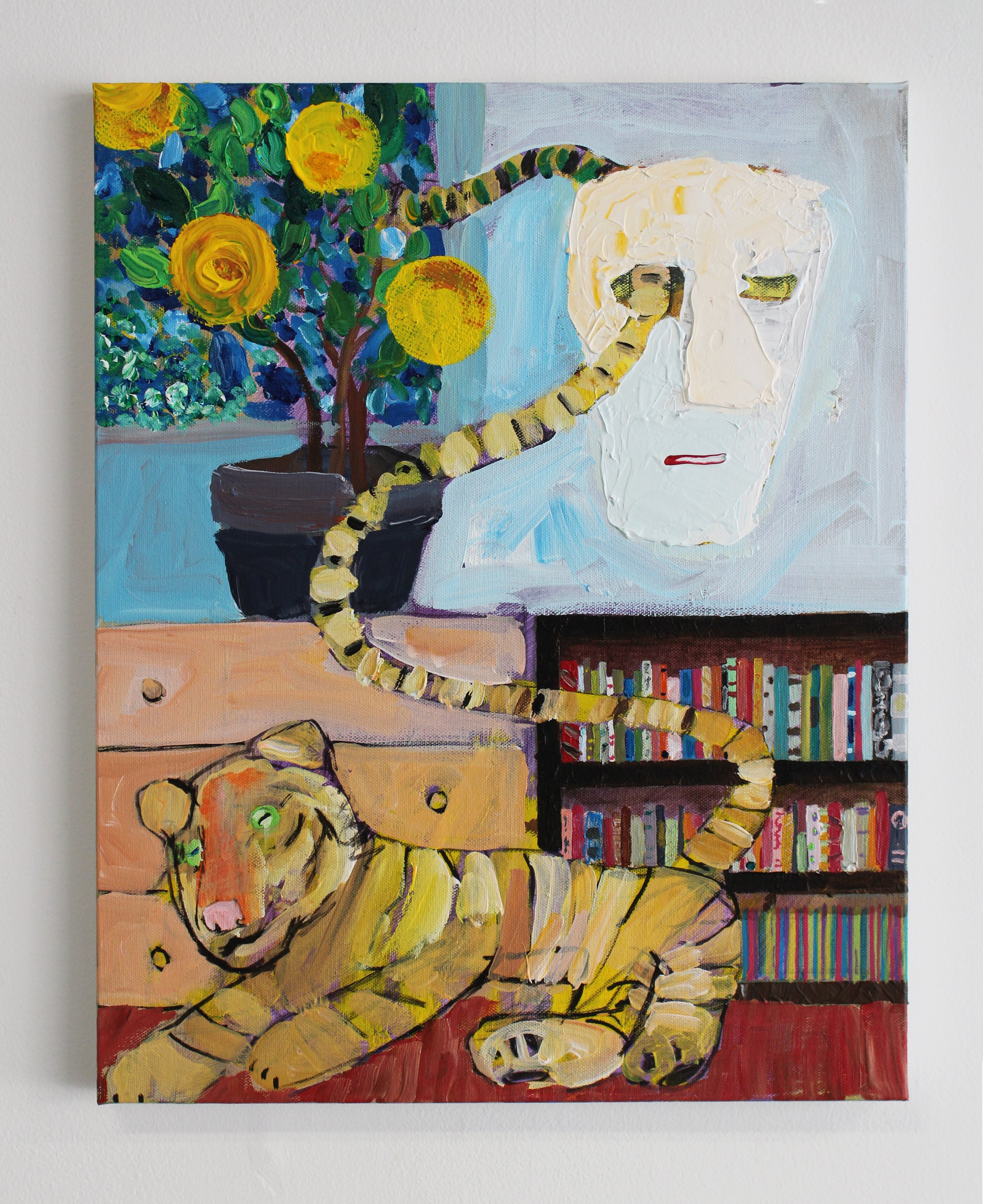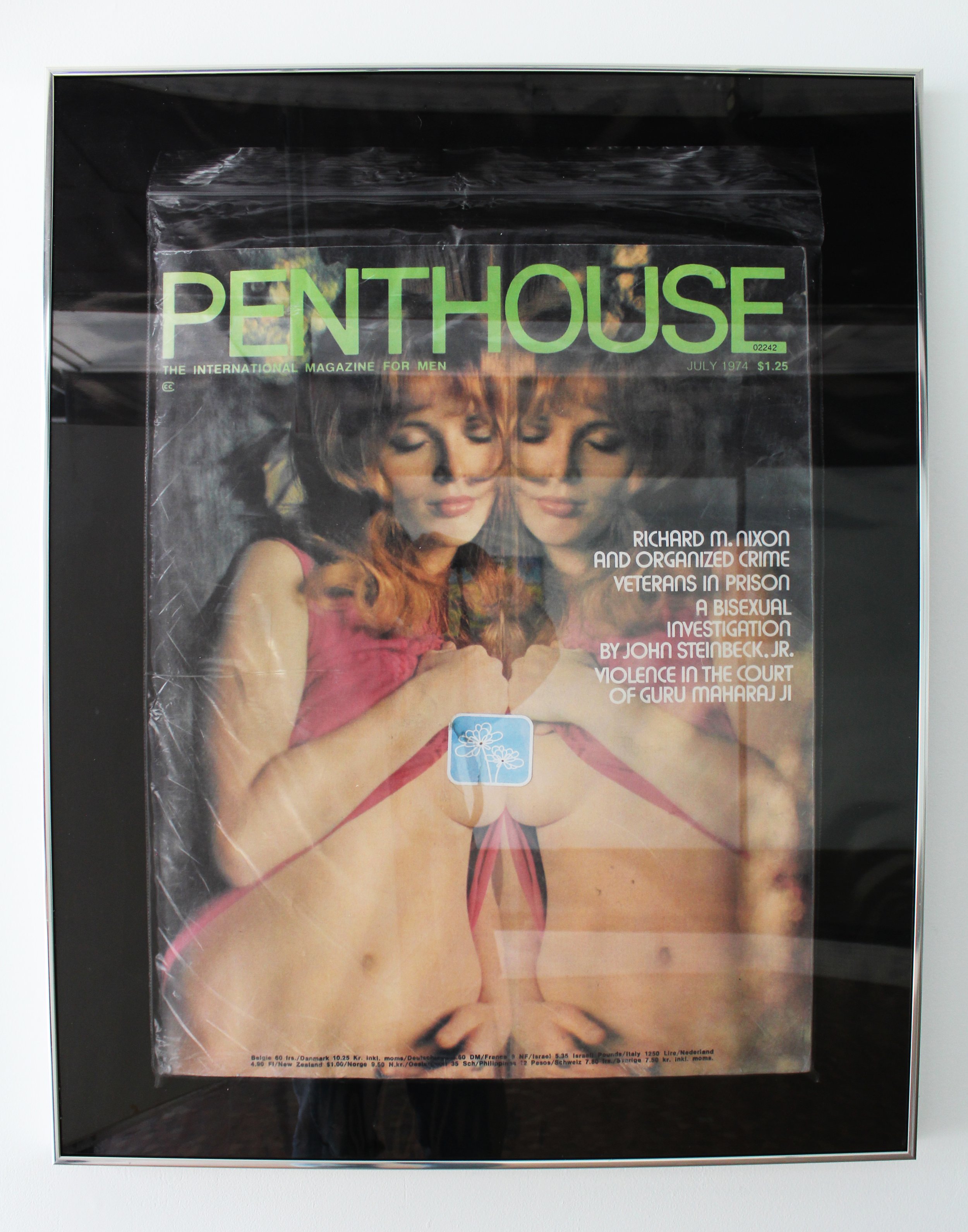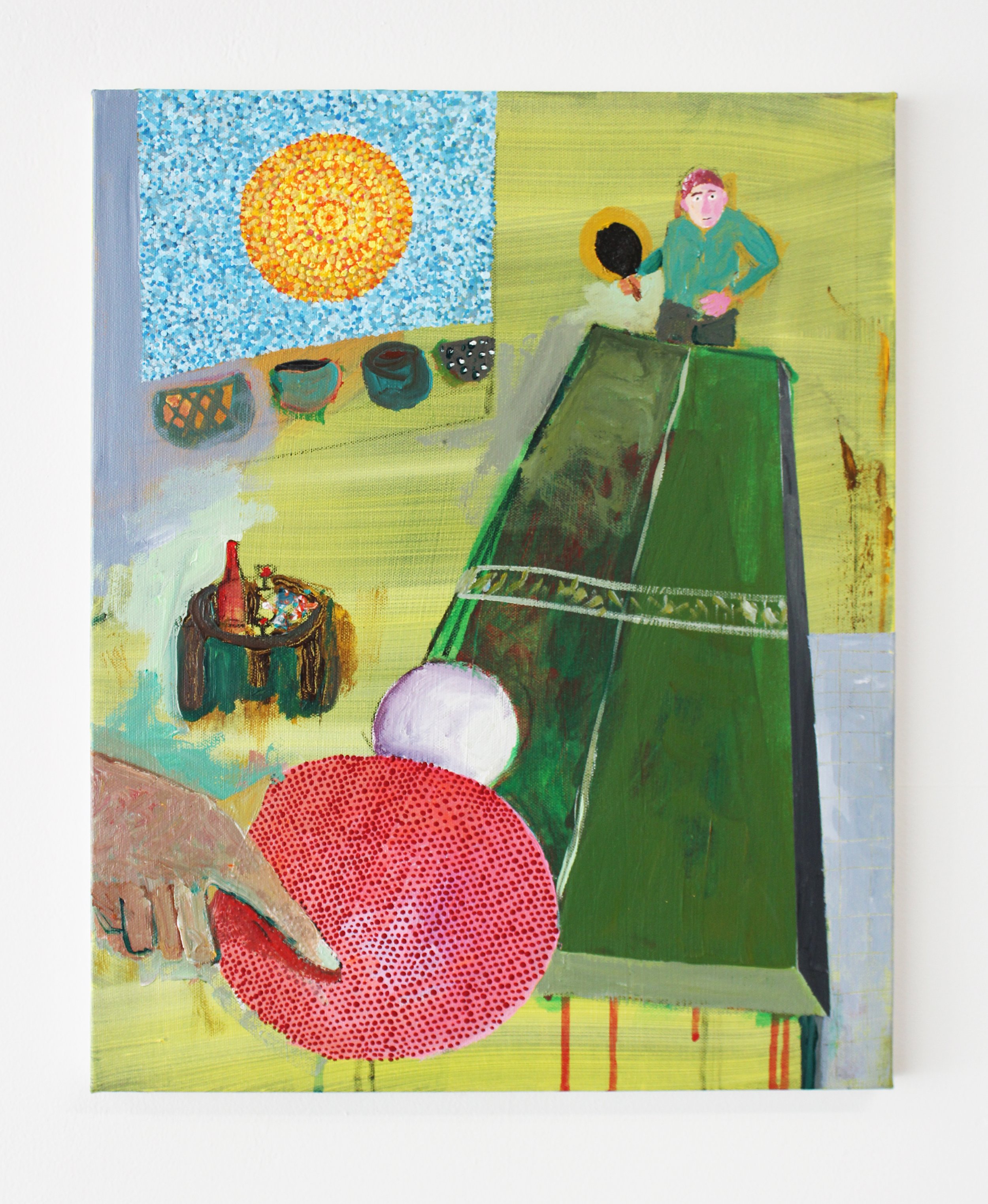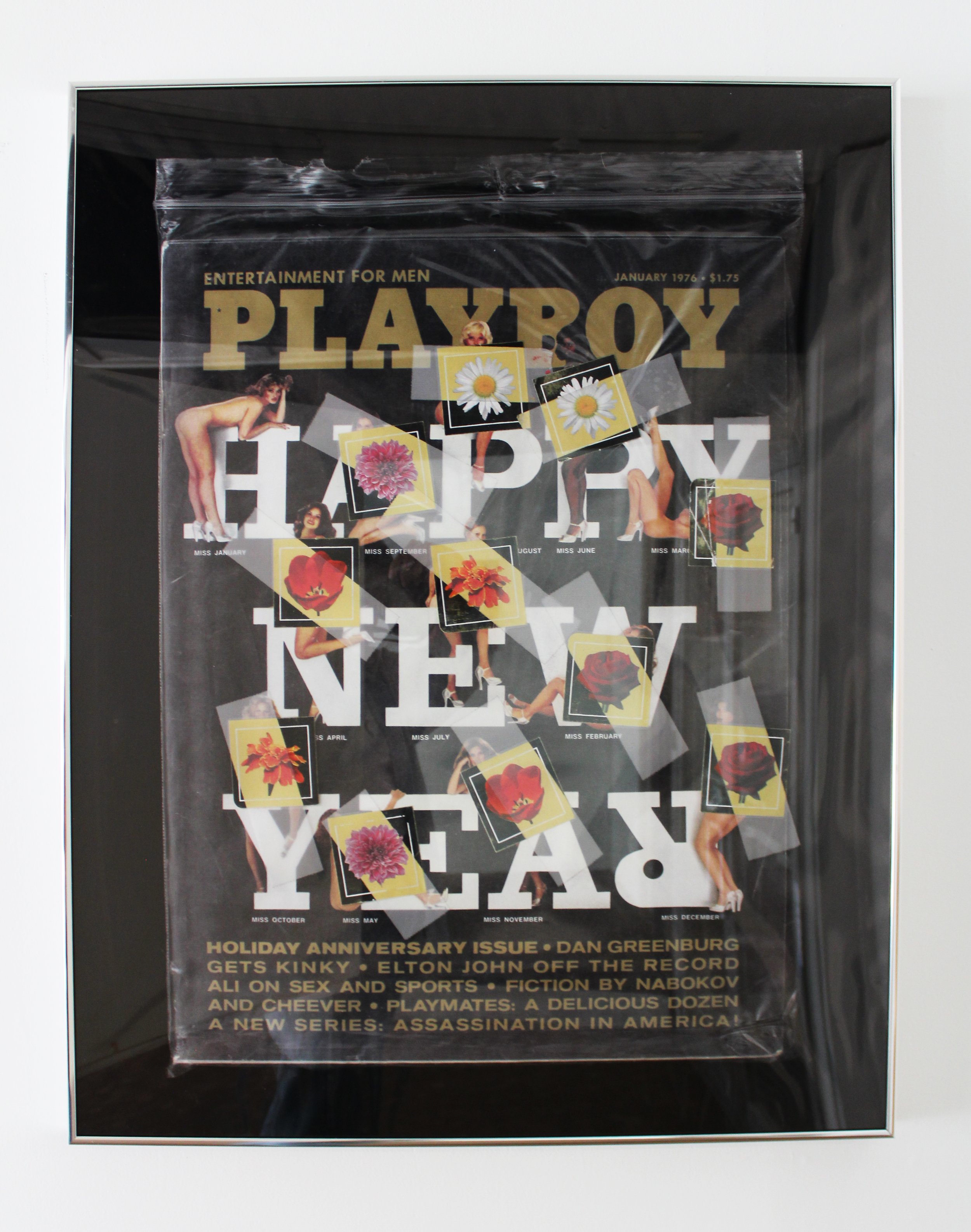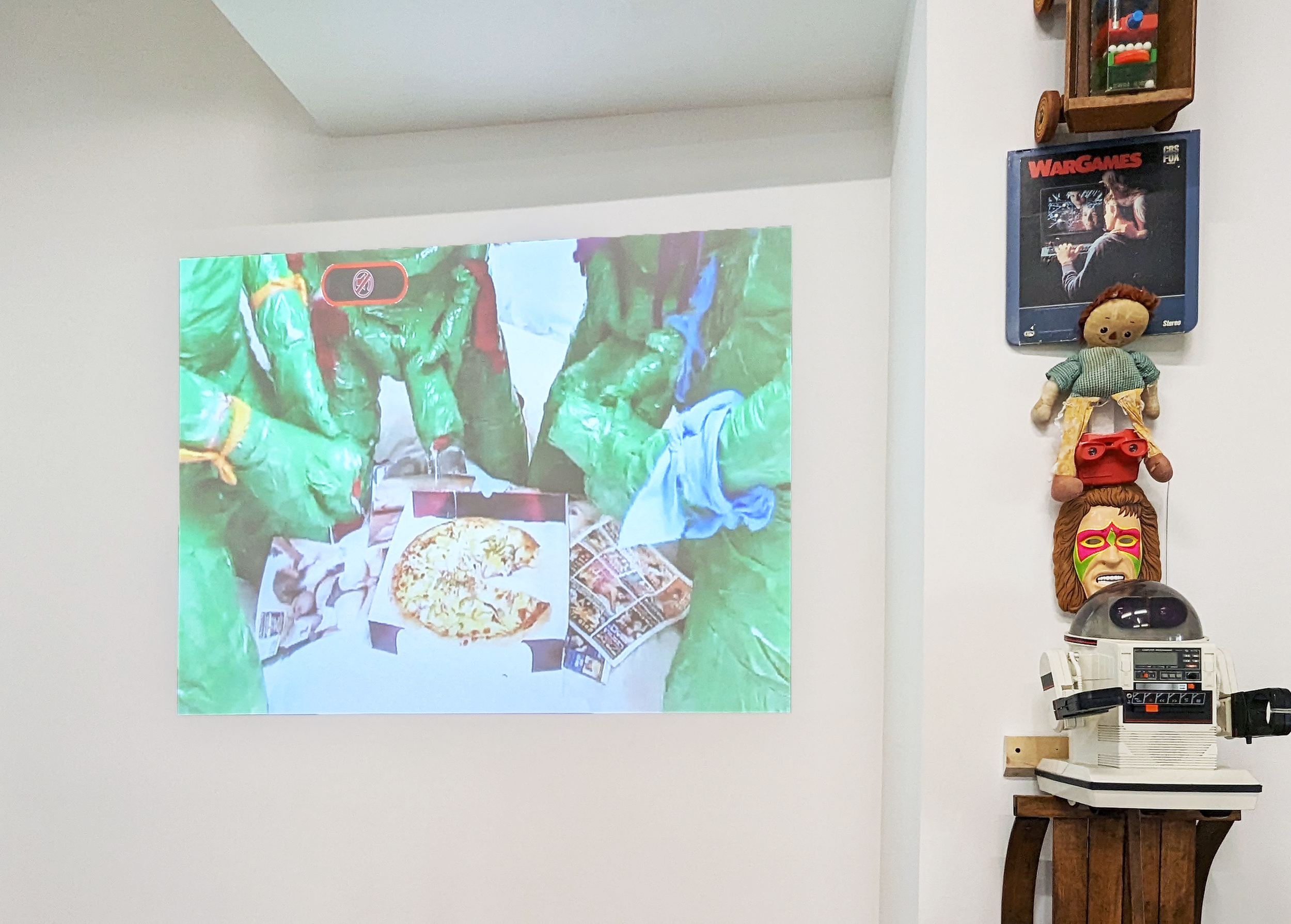Rosebuds and Sidewalks Ends
curated by Evil Twins
July 28 — September 3, 2023
Opening Reception, July 28 from 5pm - 8pm
The term “nostalgia” was coined to describe one of the world’s first psychopathologies, one so malignant that soldiers during the 30 Years war were restricted from singing the songs of their homelands. Nostalgia actually made people physically ill and sometimes suicidal. Our modern concept of nostalgia is far rosier. So rosy that it is often dismissed as meaningless sentimentality in opposition to true creativity. It verges on taboo in the art world. Yet, there is something innocently pure about the concept. Especially in a post-industrial world where so much meaning is conferred onto the objects of our early years. The sensations that come with this conference of matter and emotion are what drive us to create, recreate, collect, memorialize, relive, and build entire narratives. Often, nostalgia is the embryo of a mature conceptual art practice.
But where does the value in these past experiences come from?
In many cases, vivid feelings of nostalgia can actually be vague and falsely correlated fragments and sensations stitched together “in post” by the most current version of ourselves. Freud would call this mechanism ‘screen memory’. As our practices mature they often lose this connection to magical innocence incrementally, but in many cases, traces and residues remain. Artists in this show seek to take us back to an unattainable homeland that is not a place, but a state of childlike experience, by formalizing the visual language and media manipulation that seek to transport us not only through time and space, but also backwards into the dimension of recollected experience. Shel Silverstein told us fantastical stories using the vocabulary of a child to pass on wisdom that was anything but childish. He like some of us, and like the arists in this show seek to posess both the magic of youth and the wisdom they’ve cultivated on top of it.
Despite not being able to fully relive or recreate those experiences in reality, artists bridge this gap by creating visual translation through forming their own constructions and connections back to that burning place in the past that we relive evey time we hear Charles Foster Kane utters the word on his death bed: “R-O-S-E-B-U-D”
Artists:
Steve Burnham
Josiah Ellner
Jonathan Farley
Brit Krohmer
Iris Mao
Nat Meade
Mark Newport
James Unsworth
